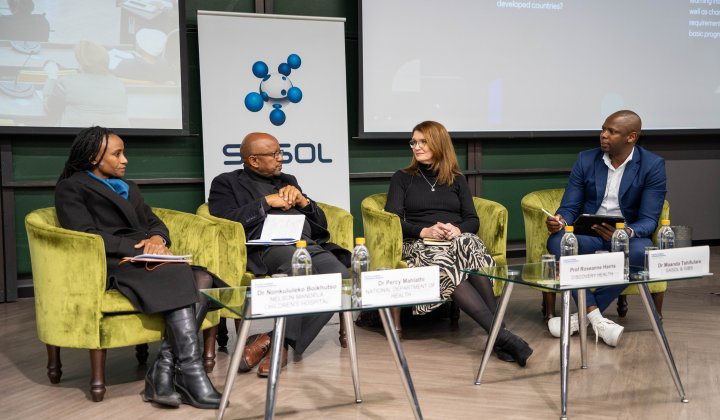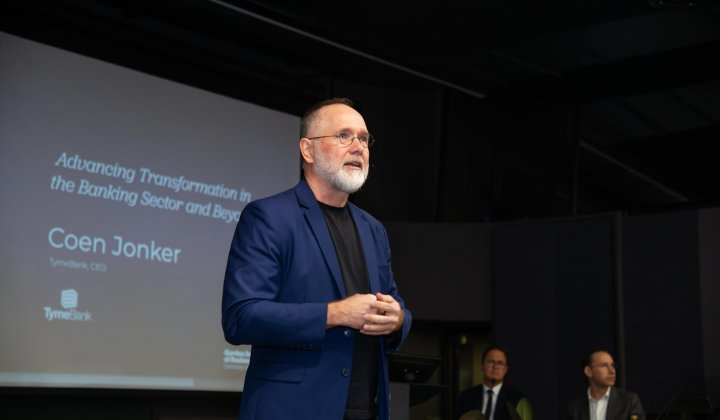“As an organisation, you have to plan for both the now, and the next,” as turbulence at the macro level presents both challenges and opportunities.
Mega trends
Global shifts shaping the world this year include elections across multiple regions, resource scarcity, and a continued focus on sustainable business practices.
- Political and economic landscape
The world is increasingly interdependent, Verachia explained, and elections across the globe are likely to present a fundamental challenge to the status quo as politics drives economics. - Resource scarcity
While short-term trends converge around elections and relations between global superpowers, systemic change will centre around the fight for resources, which Verachia argued would “only increase in its volatility”.
Sustainable business practices, the rise of ESG (environmental, social, and governance) factors in corporate strategy and ESG-mandated assets are all here to stay. “You can’t run a business without thinking of the sustainability agenda.” - Opportunities for Africa
According to McKinsey, there are clear opportunities for Africa to capitalise on in the global decarbonisation agenda.
These include:
- Energy access and affordability by accelerating the deployment of renewables;
- Inclusive green growth through a focus on agriculture transitions and the scaling of green manufacturing; and
- Green exports through the combined export revenue potential of green hydrogen, benefiting from “transition metals” and enhancing carbon sequestration and export credits.
Strategies for navigating disruption
Organisations must be able to navigate the abovementioned external disruptions, while devising a strategy to take them forward.
Verachia explained that future-forward organisations will have the edge over their competitors in the years to come. “To compete in a world of heightened disruption, we have to develop future-back thinking and ask ourselves: What could be? What might the customer want in five years from now?”




